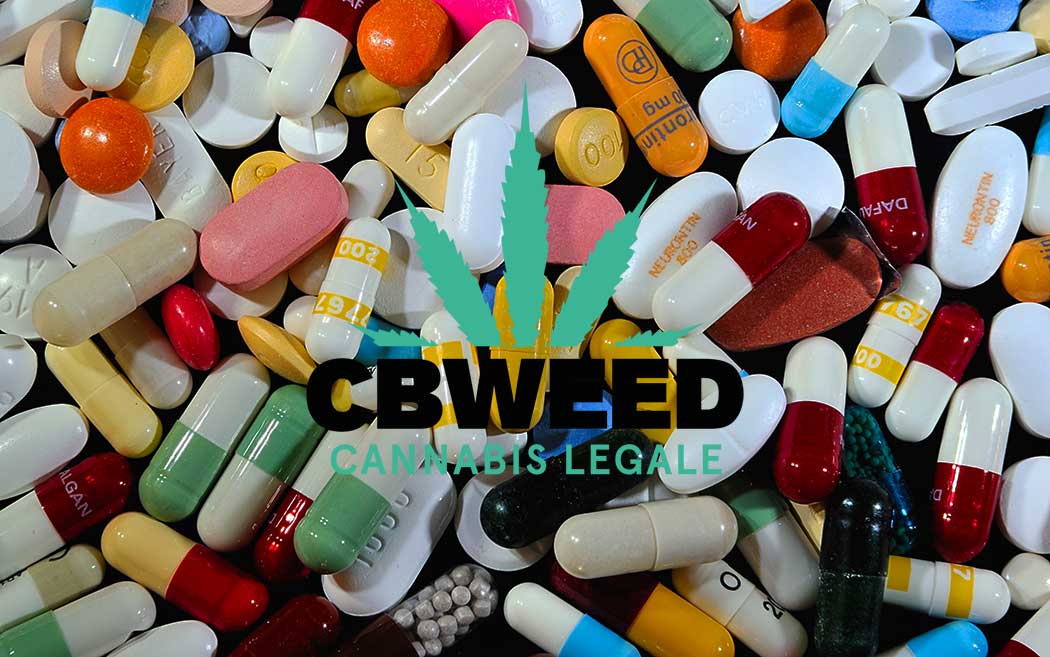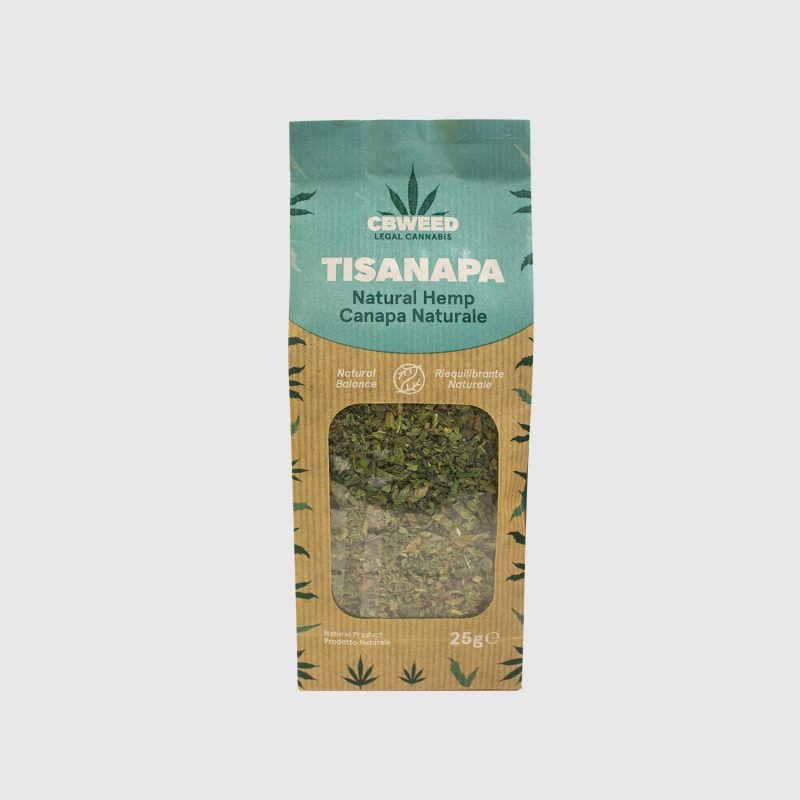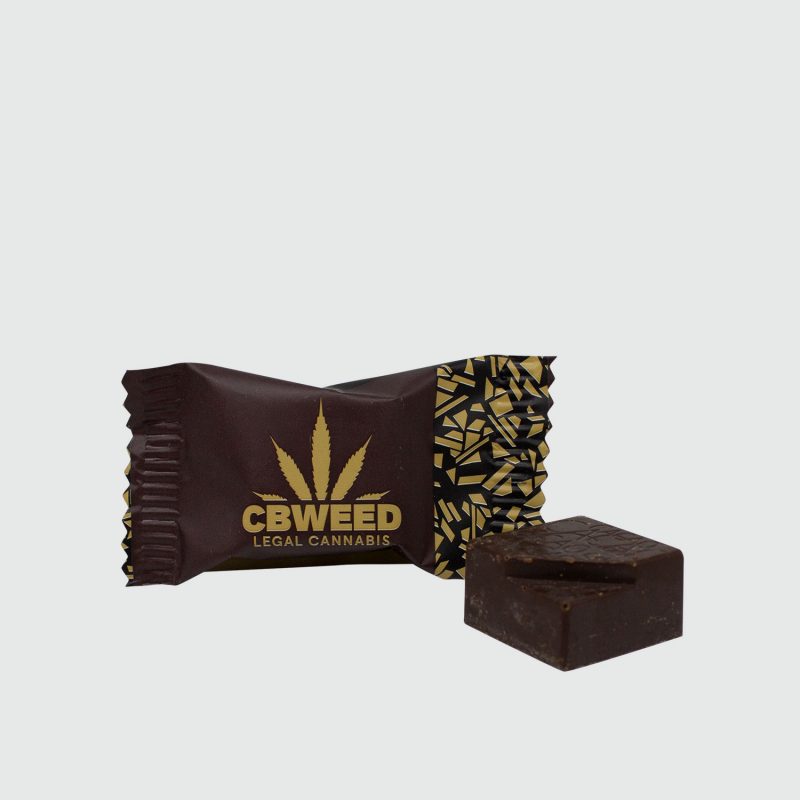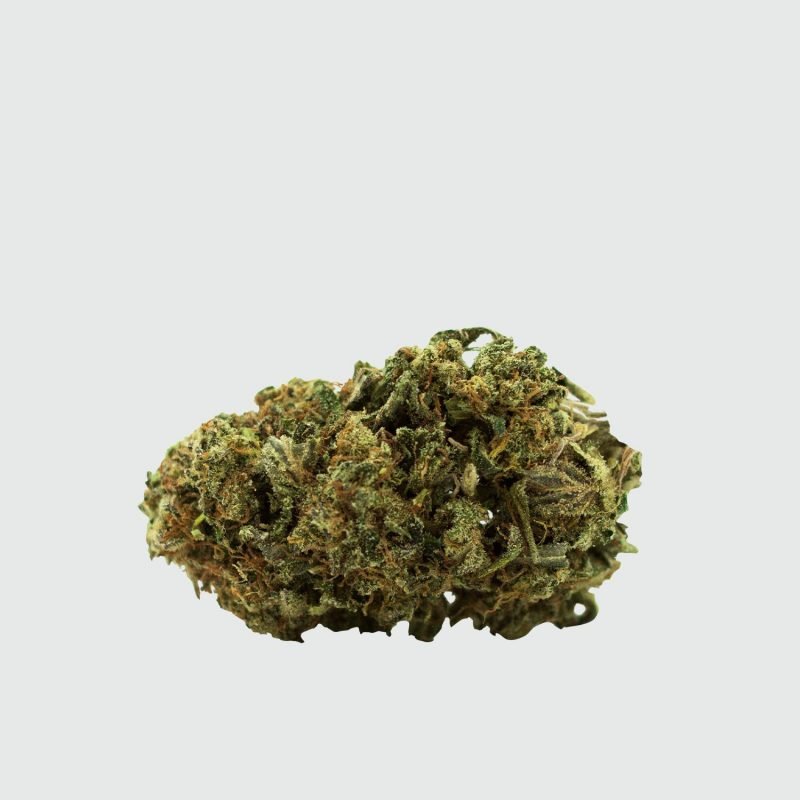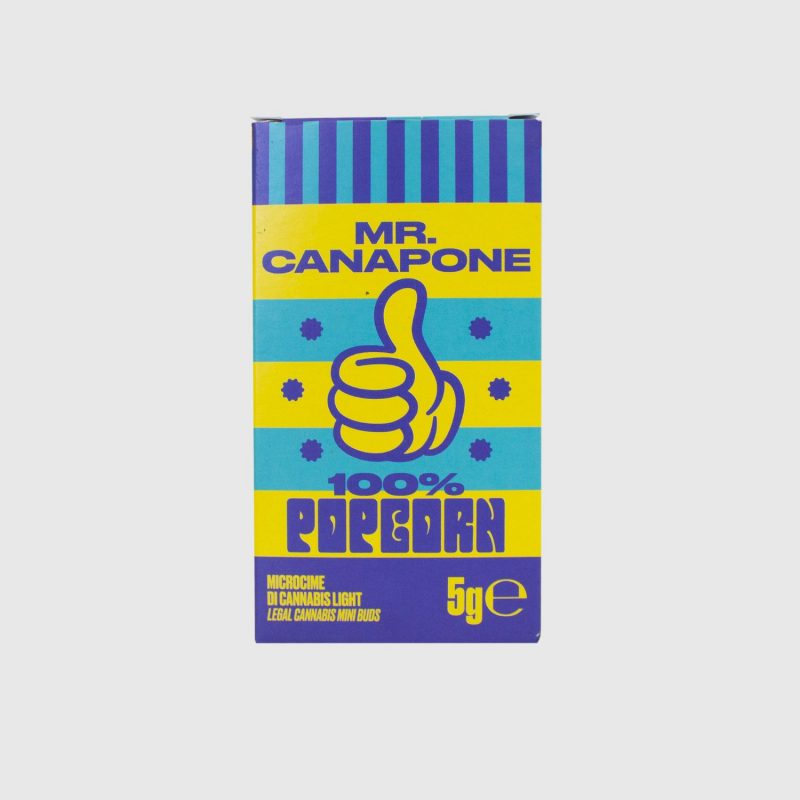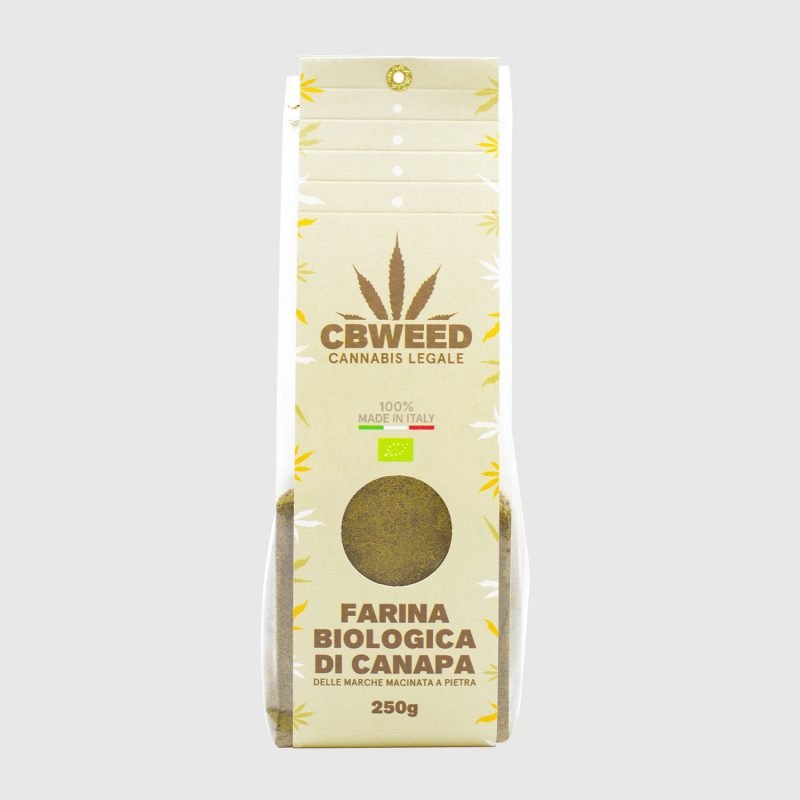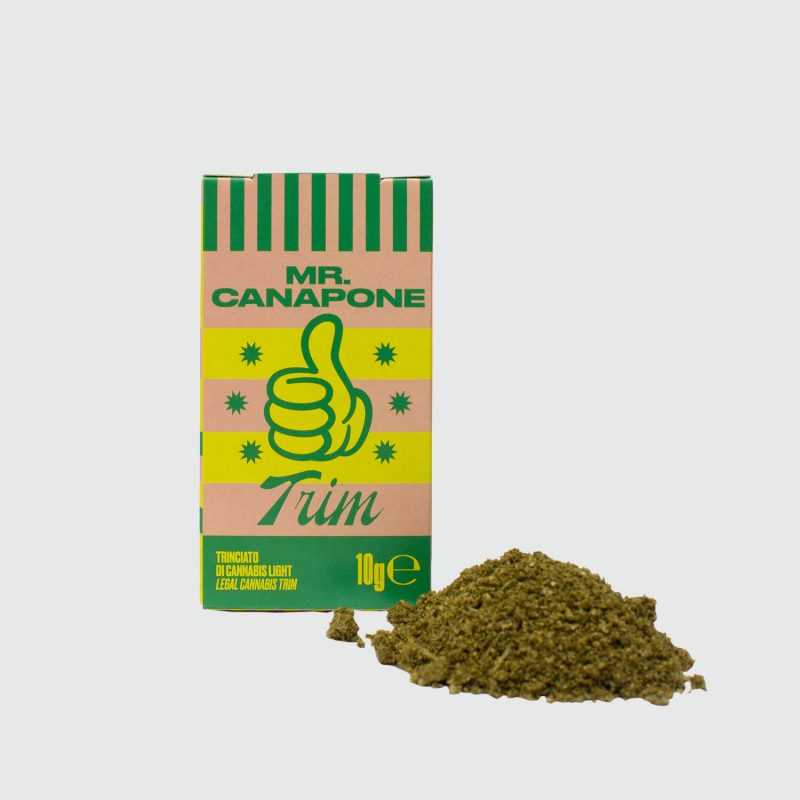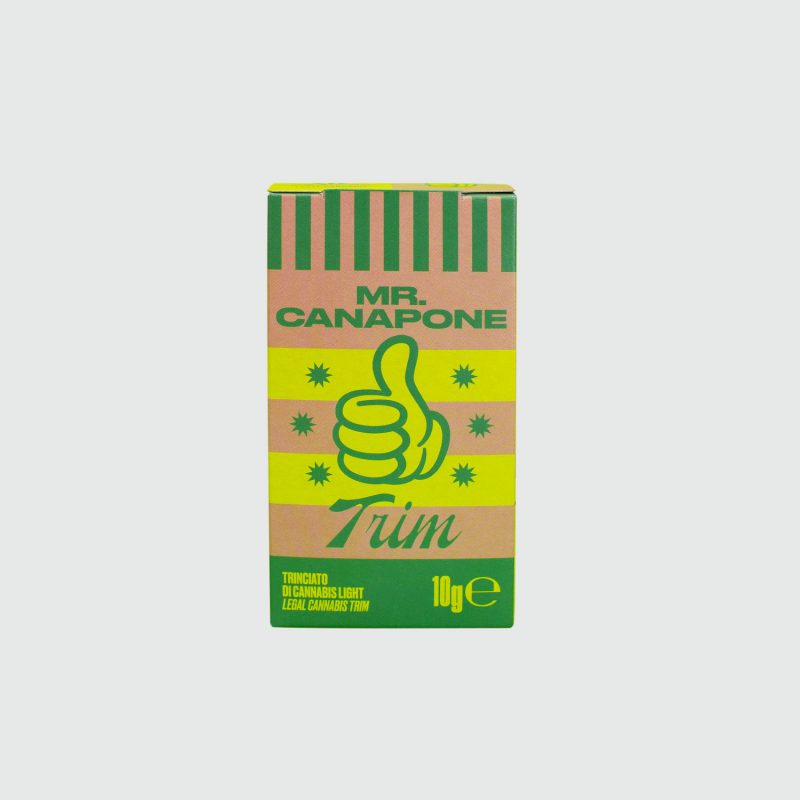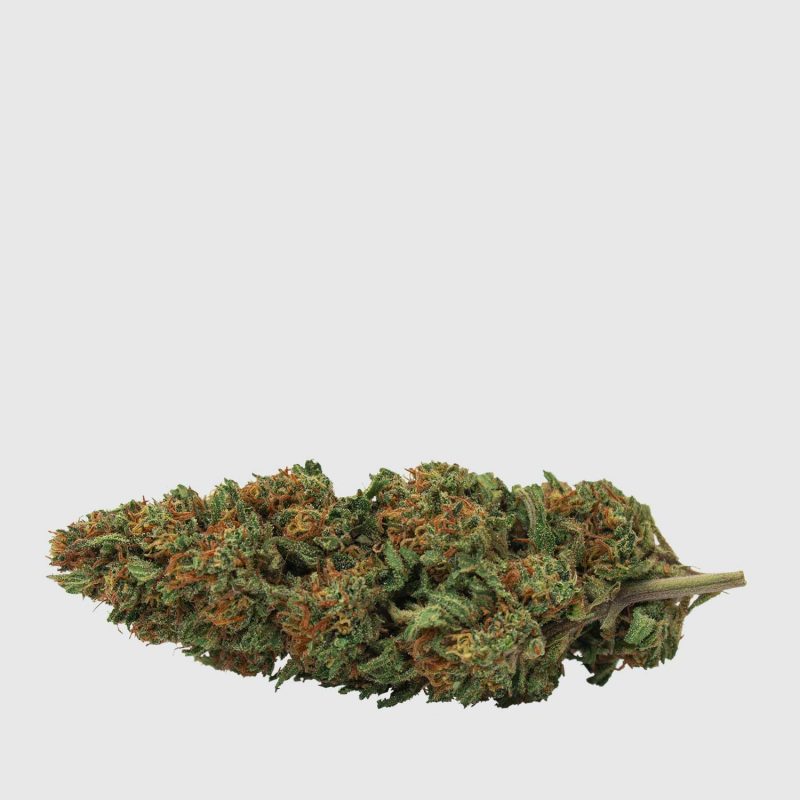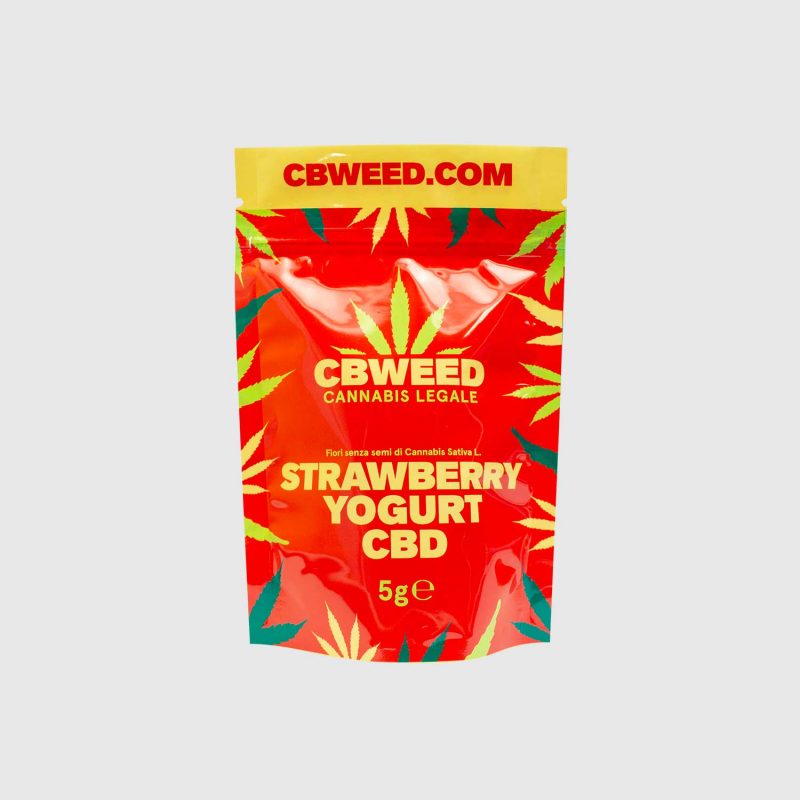Interactions between drugs and CBD: all you need to know
CBD has many positive qualities due to its ability to interact with the endocannabinoid system present in the human body and it can be very useful to help fight inflammation, various types of pain and restore balance to a stressed body. However, as with any type of dietary supplement, there are some precautions that must be considered when deciding to take it. For example, one very important is to evaluate the possible CBD interaction with drugs.
In fact, cannabidiol can interfere especially with certain kind of drugs: for some cases, it is a type of positive interaction (decrease in side effects or even better receptivity to the drug); for others, it can be negative, especially when CBD is taken at high dosages.
You may also be interested in:
Restless Legs Syndrome and Cannibis Light and CBD
This does not change the fact that CBD is a very safe substance and it is well tolerated by the body. This cannabinoid, that was initially put under the spotlight for its efficacy in the treatment of some types of refractory epilepsy such as Dravet Syndrome, is today a very studied molecule in the medical field and has found great success in various therapeutic fields.
But because of its relevant ability to influence the endocannabinoid system on several levels, it is also very important to know the possible CBD interactions with other drugs, whose efficiency could be counteracted and reduced by the intake of the cannabinoid.
CBD like grapefruit: cytochrome P450
What does CBD have anything to do with grapefruit? In short, the cannabis molecule and this citrus fruit share the particular ability to inhibit cytochrome P450, an intestinal and hepatic enzyme responsible for detoxifying the body. At certain doses, CBD (just like grapefruit) inhibits the action of these enzymes, thus altering the process of metabolisation of drugs and other substances. This is why taking high-doses of CBD when taking other drugs could result in total or partial loss of efficacy.
Dosing issue and form of recruitment
Several scientific studies that we have analyzed argue that at low doses, the effect on liver activity is very low and therefore it is possible to take CBD without particular problems or consequences. But the safety threshold has not yet been defined and, moreover, the processing and accumulation of CBD are very subjective. Therefore, we recommend caution when pairing it with the intake of life-saving drugs.
Furthermore, these studies refer to the oral intake of CBD, there is currently no evidence of interactions with intake by aspiration, which acts on different systems.
What are the best-known drugs that are inhibited by taking CBD?
Earlier we said that the drugs affected by taking CBD are those ones metabolized by the cytochrome P450 enzyme. Here is a list of drug genres:
Antiarrhythmic
Anesthetics
Antiepileptic
Beta blockers
Proton pump inhibitors (PPI)
Non-steroidal anti-inflammatory drugs (NSAIDs)
HMG-CoA reductase inhibitors
Calcium channel blockers
Antihistamines
Prokinetic
Anti-HIV antivirals
Angiotensin II antagonists
Hypoglycemic
Sulfonylureas (antidiabetics)
Steroids
Some drugs, on the other hand, should not be taken in conjunction with CBD because they can trigger side effects. The best-known examples are the anti-epileptic drug Valproic Acid (taking CBD could increase the risk of liver damage) and the Depressors of the Central Nervous System (like many sedatives, tranquillizing and hypnotic drugs) that together with cannabidiol could amplify the sedative effect.
For any doubts about possible interactions between CBD and the medications you are taking or that you have been prescribed, we advise you to investigate thoroughly with your doctor, as it is very important indeed to have the opinion of an expert when it comes to important health matters and it’s better not rely on DIYs.
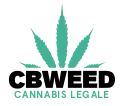

 Italiano
Italiano

